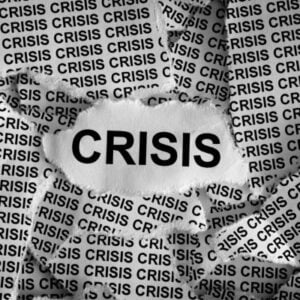Displacement in Africa’s Sahel has surged dramatically over the past five years, with numbers rising by two-thirds, particularly affecting Burkina Faso, Mali, and Niger. According to Abdouraouf Gnon-Kondé, UNHCR Regional Director for West and Central Africa, people in the central Sahel are being forced from their homes due to violence, insecurity, and the devastating impacts of climate change. Women and children make up 80 percent of those displaced, facing heightened protection risks including gender-based violence, trafficking, and forced recruitment. Entire communities have been emptied as clashes between armed groups, intercommunal violence, and military operations continue to spread across the region.
Most displaced families remain within their countries, but cross-border movements are increasingly common as insecurity escalates and livelihoods collapse. The disruption of basic services has been severe, with more than 14,800 schools closed, leaving three million children without access to education or safe spaces, and over 900 health facilities shut down, cutting millions off from essential care. Gnon-Kondé emphasized the urgent need to expand assistance to help families stay closer to home and reduce the pressures caused by declining services.
Food insecurity has emerged as a major driver of displacement, with the proportion of people fleeing due to hunger doubling in recent years. Humanitarians describe the situation as a chronic hunger emergency, with over 32 million people across the Sahel requiring humanitarian assistance, particularly urgent food and nutrition interventions. Farming and livestock activities have been disrupted by constant displacement and extreme weather, while climate-related shocks intensify competition over scarce resources such as land and water, fueling further displacement and straining social cohesion.
Humanitarian access and funding have reached critical levels. UNHCR’s 2025 appeal for $409.7 million to address needs in the Sahel is only 32 percent funded, forcing cuts to essential services including registration, shelter, education, and health programs. The broader $2.1 billion humanitarian appeal for Mali, Burkina Faso, and Niger, which covers all sectors, is only 19 percent funded so far. UNHCR has called for renewed international commitment, warning that without sustained support, the crisis will continue to worsen. Gnon-Kondé stressed that protecting millions of displaced families and securing a safer future for the region requires unified, sustained action and true solidarity with the Sahel.







